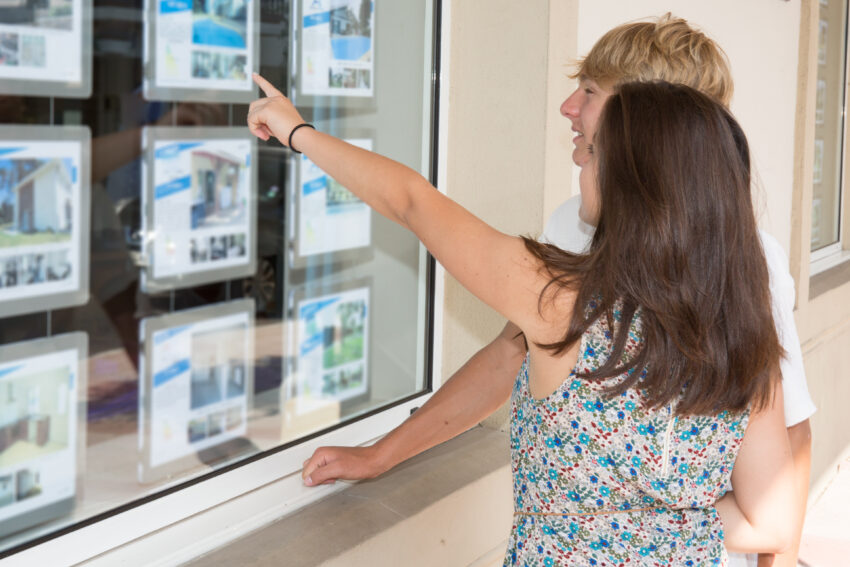Secret property sales used to be confined to super-rich homeowners in central London who did not want their house viewings or financial information made public.
Now the practice of selling houses off-market — not listing them on a property portal or estate agent’s website — has gone mainstream, with one in ten houses in Britain being sold discreetly this year, according to research by the estate agent Hamptons.
In the five years before the pandemic the average home sold off-market achieved £1.2 million. However, the growth in off-market transactions has increasingly been driven by lower-priced properties. This year the average discreetly marketed home changed hands for £858,000, according to the research.
The location of off-market sales is changing too. In the past, selling a house on the quiet was the norm in affluent central London districts such as Chelsea, Mayfair and Notting Hill. However, during the first five months of this year 24 per cent of homes in prime country markets changed hands without being openly marketed, compared with 23 per cent in London, and 59 per cent of off-market sales are now outside the capital.
Discreet sales were previously driven by the privacy concerns of the owners, but a lack of stock is now fuelling the trend. Off-market sellers have been achieving record prices because buyers are prepared to pay a premium to seal a deal before a home is advertised more widely, to avoid a bidding war.
The average off-market home sold this year achieved 99.5 per cent of its asking price, compared with 99.1 per cent for those on the open market.
Selling a house off-market also achieves a faster transaction: the average home sold in this way took about 42 days to find a buyer, compared with 65 days for a similar prime home sold in a conventional manner.
Off-market sales are fuelled by a lack of supply to the market, but they also worsen the problem. With more off-market properties securing a sale quickly, fewer homes are being advertised openly at a later point. Twenty-six per cent of homes marketed discreetly subsequently came on to the open market this year, down from 38 per cent in 2019.
“Selling off-market has become an increasingly established sales strategy over the last five years,” Aneisha Beveridge, head of research at Hamptons, said.
However, for those who do not have the contacts to secure an invisible property, there is hope, as Beveridge believes that off-market sales may be reaching a peak.
“With the number of homes on the market forecast to rise later in the year, buyers are likely to be more cautious about paying a premium in the face of an increasing amount of choice. If this happens, off-market sales may retreat back into their prime heartlands,” she said.


